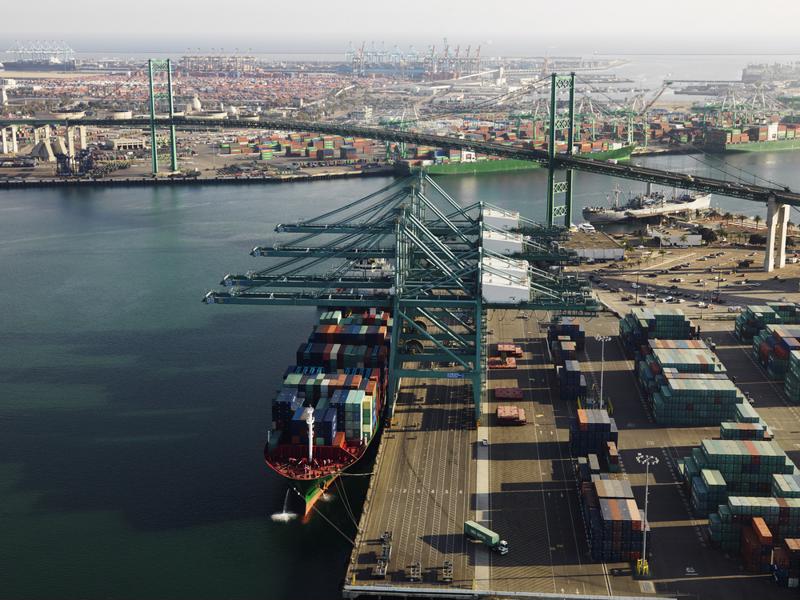Although they was the norm throughout much of 2021, bottlenecked conditions at the Ports of Los Angeles and Long Beach have largely dissipated. But congestion is now rampant with several other leading port authorities, on the East Coast as well as in the Gulf. In an attempt to reduce unnecessary container volume, Port Houston intends to impose a dwell fee to shippers that don't remove their containers once they're emptied.
As noted on its website, Port Houston says it will begin to impose a dwell fee in the coming weeks. Poised to be effectuated on Dec. 1, the sustained import dwell fee will cost shippers $45 per day on all loaded imports for every additional day containers are allowed to remain at the terminal. Shippers at Port Houston have seven days to get their containers out of the way once they're unloaded, so the per-day penalty would theoretically begin on the eighth day they're there and then recur every day thereafter until the containers are cleared.
Additionally, Port Houston also plans to impose an "excessive dwell fee," which will go into effect when a public comment period about the excessive dwell fee concludes. It's expected to remain in place for 60 days but will only be used in what Port Houston describes as "acute" circumstances. It will also not run concurrently with the sustained import fee. In other words, it will either be one or the other.
Roger Guenther, executive director for Port Houston, said the authority is going to these lengths to speed the flow of traffic into and out of the port.
"This new fee structure is aimed to help mitigate the issue of long-dwelling loaded import containers by incentivizing cargo movement," Guenther explained.

Port Houston smashing import records
Unlike ports on the West Coast, where container volume is down substantially from where conditions were last year, imports haven't let up for Port Houston. Indeed, September was the second-busiest month on record for container cargo volumes, bested only by August when total container volume was nearly 382,850 TEUs. That's an increase of 20% compared to the same month in 2021 and up nearly 47,476 TEUs from Port Houston's previous all-time record, which was in May.
Container dwell fees are a common tactic port authorities use to encourage ocean carriers to be more mindful of other shippers, since there is only so much room for movement. The Port of Los Angeles and Long Beach have threatened to enact such fees numerous times over the last two years, but they've been tabled because the threats alone made a difference. Indeed, ever since Los Angeles and Long Beach announced the program on Oct. 25, aging cargo is down 69% combined, according to a press release. As a result, the authority said it will postpone consideration until mid November.
Amid record inflows, Port Houston is going to other lengths to maximize movement and flow. This includes creating temporary space at area terminals and increasing investment in the authority's container yards.



Post A Comment:
0 comments so far,add yours